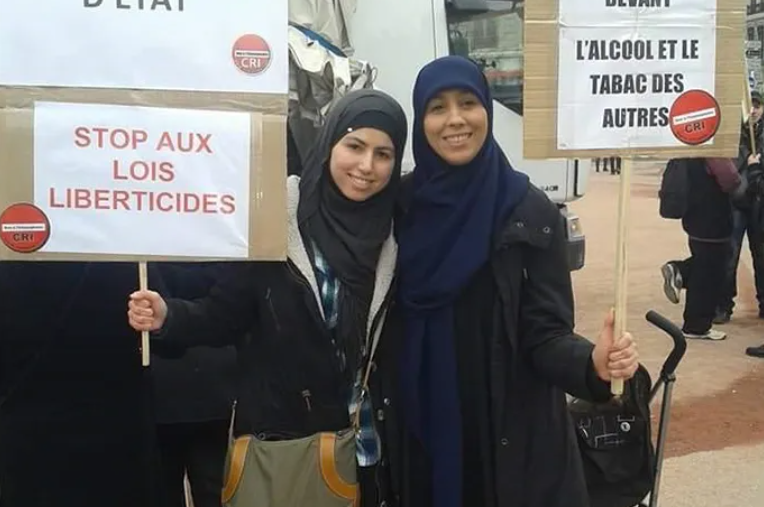
Rights matters: Muslims right to education is superseded by France's commitment to secularism
As the new academic year starts, Muslims’ right to education in Europe is denied in order to uphold and enforce secularism. This seems to be...

As the new academic year starts, Muslims’ right to education in Europe is denied in order to uphold and enforce secularism. This seems to be...

On Sunday, French Education Minister Gabriel Atal announced that he would ban the wearing of the "cloak" in French schools, indicating that wearing this Islamic...

"The tendency to enslavement represented, in ancient times, a basis for prestige (the prestige of the master and the prestige of the tribe), and a...

EU companies can ban headscarfs as long as it is a general prohibition that does not discriminate against employees, Europe's top court said on Thursday,...

Saudi Arabia beheaded at least 81 people in one day, including seven Yemenis and one Syrian, state media reported on Saturday. Activists said, 41 of them...